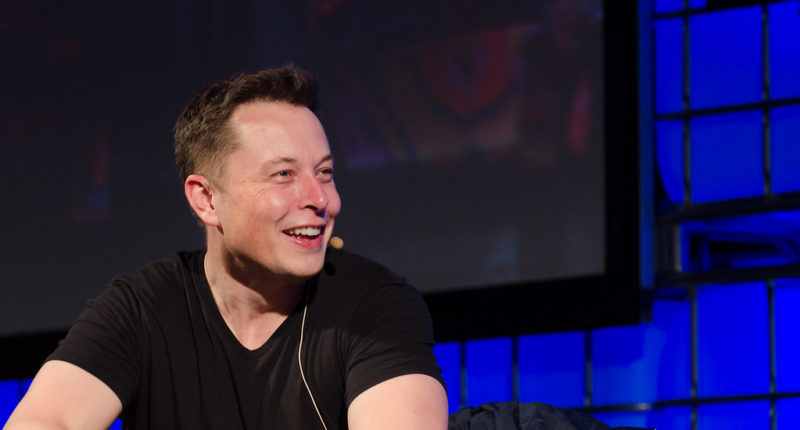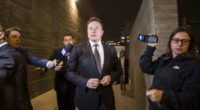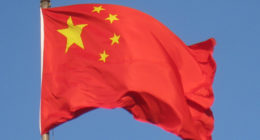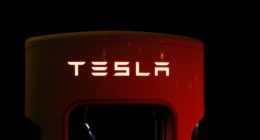Elon Musk has flexed his muscle on the global tweeting chatters, and it seems like Twitter is perhaps bowing out to the multi-billionaire entrepreneur. Multiple reports, that are observing the situation unfold, now state that Twitter and Elon are on the verge of finalizing a deal transferring ownership of Twitter to the latter, and Twitter becoming a private company in the process.
According to the sources, the 11-member Twitter board met with Elon Musk in the early hours of Monday morning to discuss the latter’s buy-out offer. The parties were reportedly ironing out formalities, including putting in place a fine, should a signed deal fall apart for any reason. Musk’s success at financing the deal at $54.20 per share has apparently tipped the board’s interests in line with his own. A an official deal could be announced as soon as Monday.
Twitter’s stock rose by around 5% to $51.50/share in pre-market trading.
The fiasco started late last month, with Elon’s cryptic twitter poll asking his followers if the platform adheres to freedom of speech principles, which was followed by Elon buying a 9.2% stake in the company for $2.9 Bn, making him the largest stakeholder at the time, and sending Twitter’s share price flying high in the process. (He was one-upped by Vanguard soon after)
With some back-and-forth action and uncertainty regarding Elon’s intent to join Twitter’s board, it was eventually confirmed that he will not be. Soon after, in rather passive aggressive fashion, Elon made a buy-out offer to Twitter’s board, calling it his “best and final” one, and conveying (threatening….ish) a bearish move with his share of the company if the company board decided to reject it.
The Twitter board certainly did not bow out without a fight, adopting the “poison pill” strategy. A Poison Pill move is when a company responds to a hostile takeover attempt by selling its shares at a discounted price, essentially devaluing itself. This leads to two manifestations, the company’s decreasing value makes it unattractive for the threatening stakeholder, and discounted share prices cause a diltution of their stake, reducing the impact of a potential sale of shares. With these recent developments, Twitter seems to have failed to phase Musk’s determination to acquire the platform.
Despite the conditions Musk put forward in his initial offer, there was no lack of confidence shown in the market. Twitter’s share price has been on the up, which is very fascinating, as it directly reflects the community’s confidence, and borderline blind trust in Elon. One would expect a company’s share price to fall if a stakeholder of that magnitude publically shares their intent to dump their shares on the market should the company fail to comply with their demands.
The Twitter userbase seems to be in a split over Musk potentially becoming the owner of the platform, but the ones in favour seem to be edging out, as apparent by the company’s share prices. It does make a patient observer ponder although, that should a platform as influential as Twitter really be controlled by a billionaire who isn’t reluctant to be an absolute bully? Is a one-man rule really the ideal scenario to ensure freedom of speech? Is it fair that a person with enough money and a religious fan-following can obtain anything under the sun by a show of strength?
While there can be no certain answers to these questions, and we certainly should not have a narrow minded approach to answering them, time, for sure, will be letting us all know. Business wise though, the decision does make sense.





